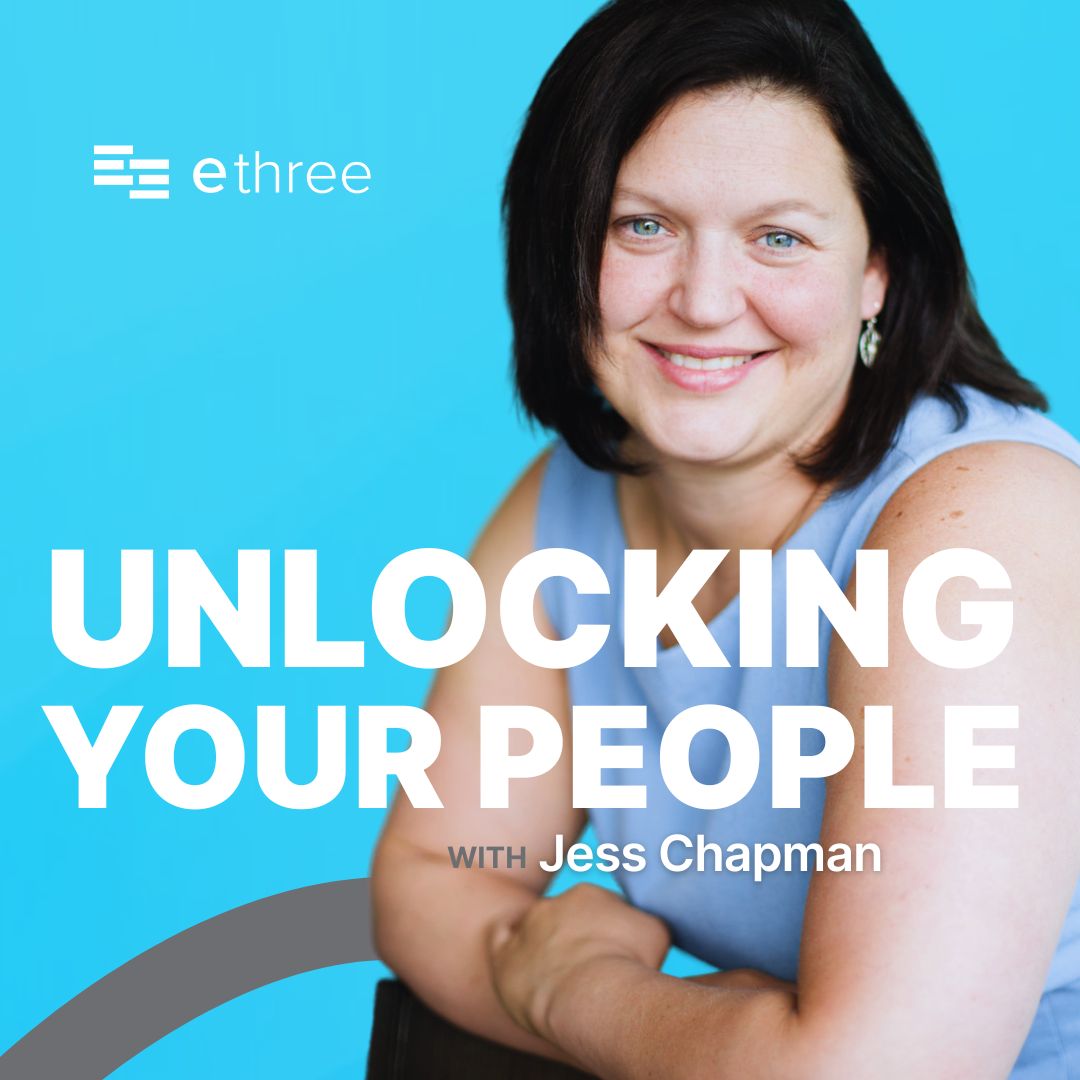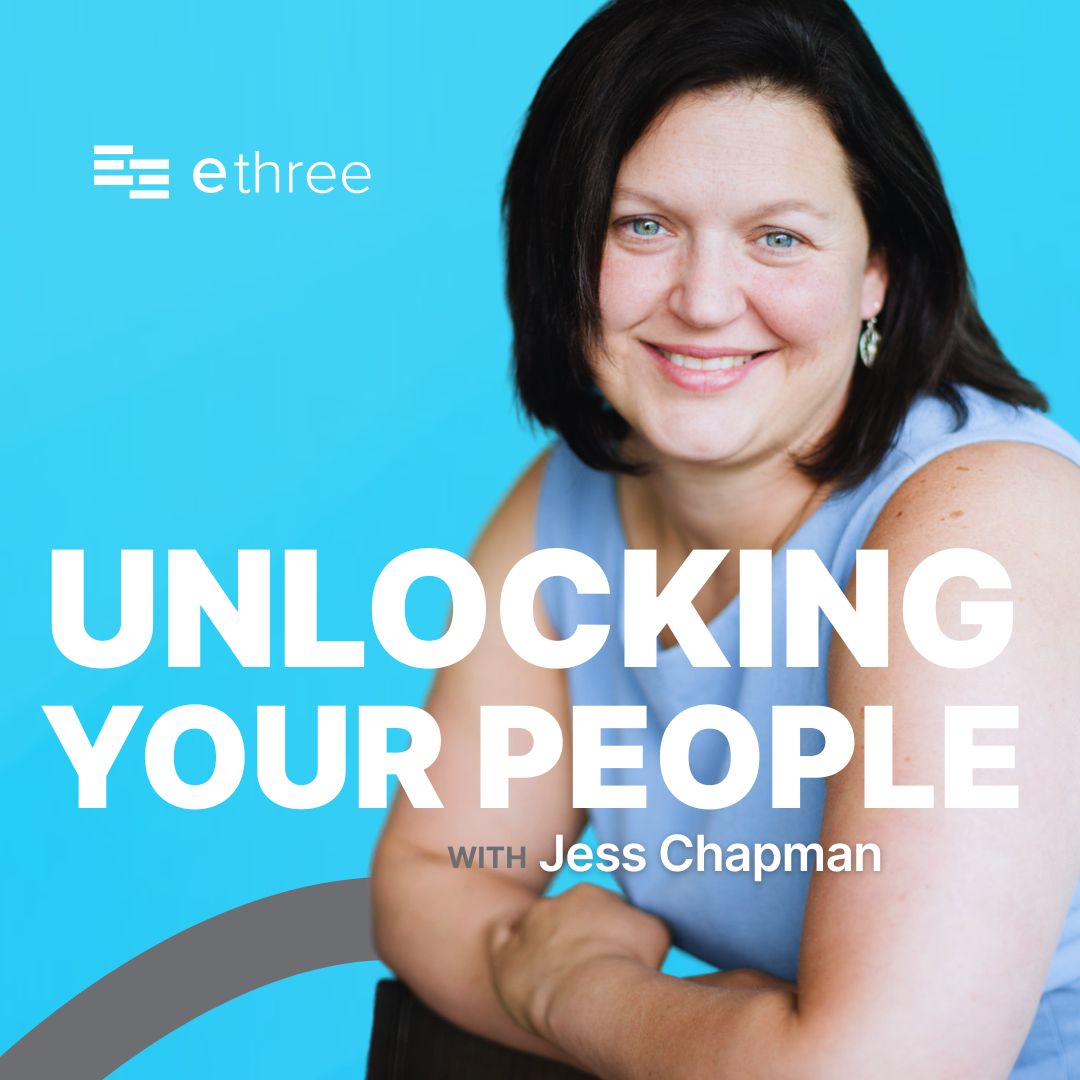Episode Transcript
[00:00:00] Foreign.
[00:00:04] So in this portion of the show, we get into what we call Just Ask Jess, where I take questions or scenarios from folks that have come in over the last couple of weeks and talk about something in particular.
[00:00:15] And this week I actually had three things come in that were very similar in the cause of the issue. So I'm going to talk about the three of them because they're all to do with conflict of interest.
[00:00:25] So we've had a situation this week where we had an individual who is involved in the request for proposal RFP process, who actually had a relationship with one of the bodies who put in a proposal and didn't disclose it. We had a situation where an employee had a relationship with a new client, bought into an organization and didn't disclose it. And we had a situation where somebody that was on a hiring committee involved in recruiting somebody for a position actually had a relationship with one of the candidates and did disclose it.
[00:00:58] And so all of those three things can happen actually, fairly often.
[00:01:02] They're all related to disclosure of conflict of interest. And conflict of interest is an interesting thing that we don't necessarily always think about in organizations or think about putting the prep work in to kind of prevent them from happening.
[00:01:13] Most of the time when we are involved in those types of scenarios, I would say it's not intentional. So it's not that the person woke up in the morning and said, I'm not going to tell you about this relationship. For the most part, it comes from a lack of understanding, understanding about what we mean by conflict of interest, a lack of understanding of how that might apply in their role, or sometimes just not really understanding the significance of the relationship they have and how that might actually affect what's going in in the organization. So, like, I live and work in Newfoundland. It's a small community.
[00:01:45] The likelihood is, you know, a lot of people, therefore, if you're doing hiring, the chances are, you know, a lot of the people that might put in an application and people don't always think about the difference in those types of relationships, whether or not you're friends with somebody, whether that makes a difference. And because you know that you're quite capable of interviewing and, you know, you're quite capable of kind of separating in your own head, you think it's not necessarily an issue or a big deal, and we don't bring those things forwards. But all of those situations can cause issues for the organization, whether it's reputational or some, you know, some allegation or accusation of bias in a process. Those are the Things that we're trying to avoid. So in all of those situations, there's definitely things that we can make sure we have in place to mitigate the risk of it happening. And whenever we're thinking about people and kind of performance, we talk about the ABCs, right? So firstly, you want to make sure that people are aware of what we're talking about. So just saying the words declose, disclose, or declare conflict of interest does not mean that somebody truly understands what you mean by conflict of interest or how it applies. So that's the first thing. Then you want to make sure that they really are motivated and care about a conflict of interest policy or practice. And that's about understanding the risks and the issues and the consequences involved. Once we understand the consequences of something, then our motivation level goes up.
[00:03:04] Then you want to make sure they know what to do in those situations. And then you're going to need to remind them. Because as much as we love saying yes, we did onboarding and everybody signed their policy.
[00:03:12] I'm going to ask most of you if you can remember half of the policies you signed when you joined an organization. The chance is probably not. So for the things that are really important in organizations, we need to be reminding people of them regular basis through a different. Through different means. So there's a few things on that basis we would recommend organizations have in place. The first is making sure you actually have a conflict of interest policy. It spells out what a conflict of interest is, what you do and when it should show up, what you should do if one shows up. And it kind of brings out in the open the whole conversation. So there's no worrying about should I say something, should I not say something, what do I do, how do I do it? You take all of that off the table with a policy. So get everybody to read the policy first.
[00:03:55] Policies are great though. But policies don't necessarily mean I fully understand or I remember. And so regular training for folks could be a short online course, could be just going back through a policy with somebody on a regular basis. But we need to be reminded of the policy on a regular basis. So doing that is important.
[00:04:17] Think about the processes you have that a conflict of interest is likely to occur in, and put checklists in place. So if you're doing a kickoff with a hiring committee, make sure that there is a conversation at the kickoff meeting about what a conflict of interest is, how it might show up, how to disclose it, what will happen if someone needs to be removed from the interview process for a particular candidate? Just Take all of it off the table. Same with an RFP or selection process. Make sure that those questions are built in to what you do. And then you can also consider doing something like a disclosure form where people actually fill in information about the relationship they have and kind of more formalize those things. Now, that won't prevent something from happening at some point because people are human beings. Somebody will still do all of that and somebody somewhere will still think it's okay. Oh, I wasn't thinking about it. Didn't put two and two together. But you will reduce the vast majority of issues by having the structures in place. And then when you do have those structures in place, at least when an issue occurs, there is a clear policy that outlines what you do in those circumstances so the person knows that you're treating them fairly and equitably based on the policy, not based on the situation at hand.
[00:05:25] So that's what we would recommend. Generally in conflict of interest situations like this, make sure you've got those things in place.
[00:05:31] And then as you have issues occur, hopefully you won't have many. But as something comes up, do you need to tweak, adjust, change, augment the policy and training that you're doing to take into account the new situations as they show up? If you've got any questions about conflict of interest pieces, feel free to get in touch. We are looking at adding a conflict of interest overview course to our short course catalog, so that should be available by the end of the year.
[00:05:55] Sam.


